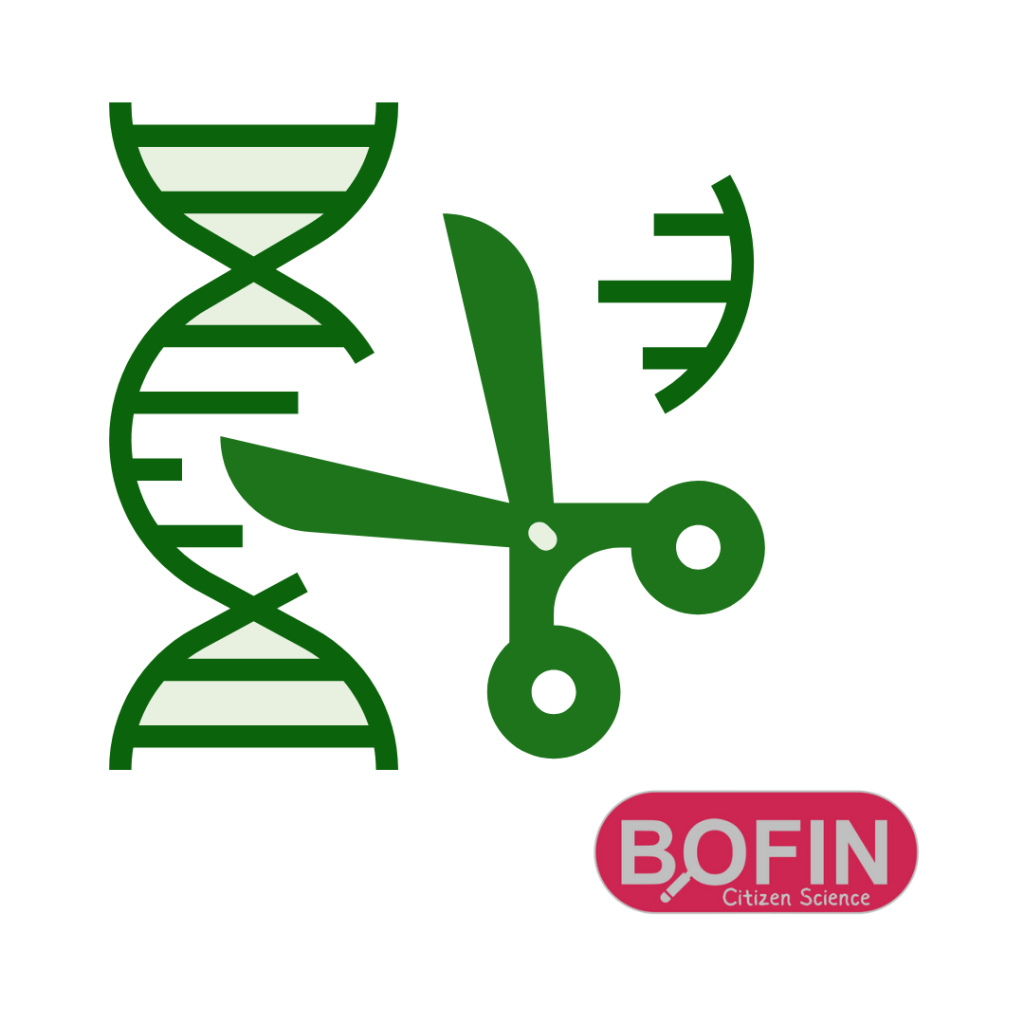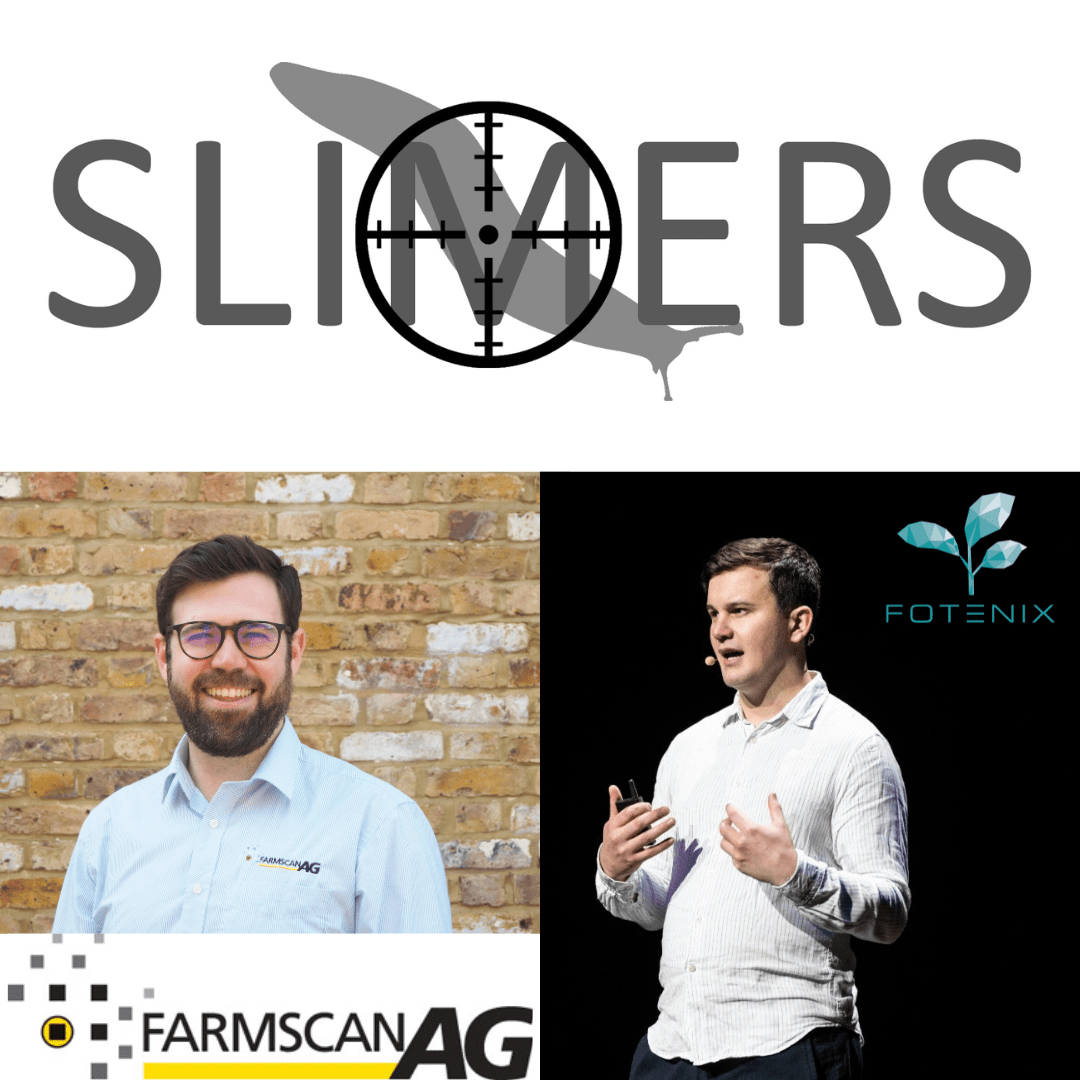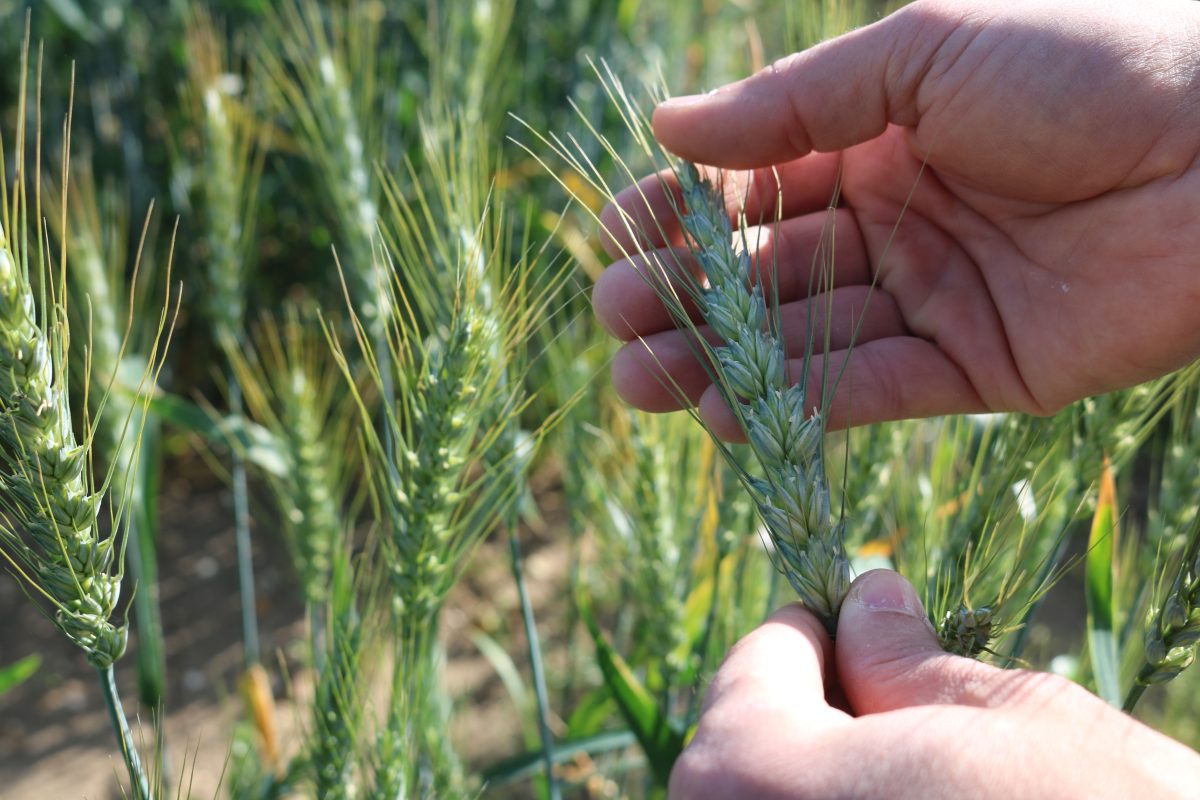Will you take the #PROBITYPledge?
A campaign launched today invites farmers and others from across the industry to engage in a nationwide discussion on precision bred crops and their potential impact on UK agriculture.
As the Government moves forward with legislation to support precision breeding, the #PROBITYPledge campaign will provide farmers with accurate information and a platform to voice their opinions.
Precision-bred crops can be created through gene editing, a widely used technology that enables scientists to make changes to plant DNA, like those that occur naturally, but introduced in a precise, targeted manner. Gene editing speeds up the process of breeding more productive, nutritional and sustainable crop varieties.

The campaign is being coordinated by the British On-Farm Innovation Network (BOFIN) which leads the PROBITY project. The three-year multi-partner project, launched in August this year, is bringing precision-bred cereal varieties onto commercial farms for the first time across Europe. An integral part of the project is the creation of an open and transparent forum to discuss the creation, production, processing and use of precision-bred crops.
Learning opportunity
The #PROBITYPledge campaign asks farmers to pledge a minimum of one hour in the next six months, to learn about precision breeding and share views via The Sequence Circle online forum.
Tom Allen-Stevens, Oxfordshire farmer and founder of BOFIN said: “This is a topic which will have an enormous impact on sustainable food and farming, so it’s important to make time to discuss it.
“As farmers we are the gatekeepers of precision-breeding technology and must lead the discussion on how it is introduced to create a trusted pathway for food manufacturers to deliver its potential benefits to consumers.
“The PROBITY Pledge campaign asks farmers to commit at least one hour to equip themselves with knowledge of this technology and how it could impact them and their businesses. We want to hear diverse views – what do you think, what are your hopes and fears are for precision breeding, and what questions do you have about gene editing?
“Our Sequence Circle community hosted on The Farming Forum includes some incredible scientists who are well placed to help answer those questions.”
Open to all
The campaign is not limited to farmers, he added. “Anyone with an interest in the future or food and farming is welcome to make the #PROBITYPledge, sign up and get involved with learning and discussing this technology.”
Gathering and analysing opinions is a key part of the PROBITY project and because contributions to The Sequence Circle hosted on The Farming Forum will be used (anonymously) by researchers, those signing up need to be over 18 years of age.
For more information on the #PROBITYPledge campaign and to get involved click HERE









